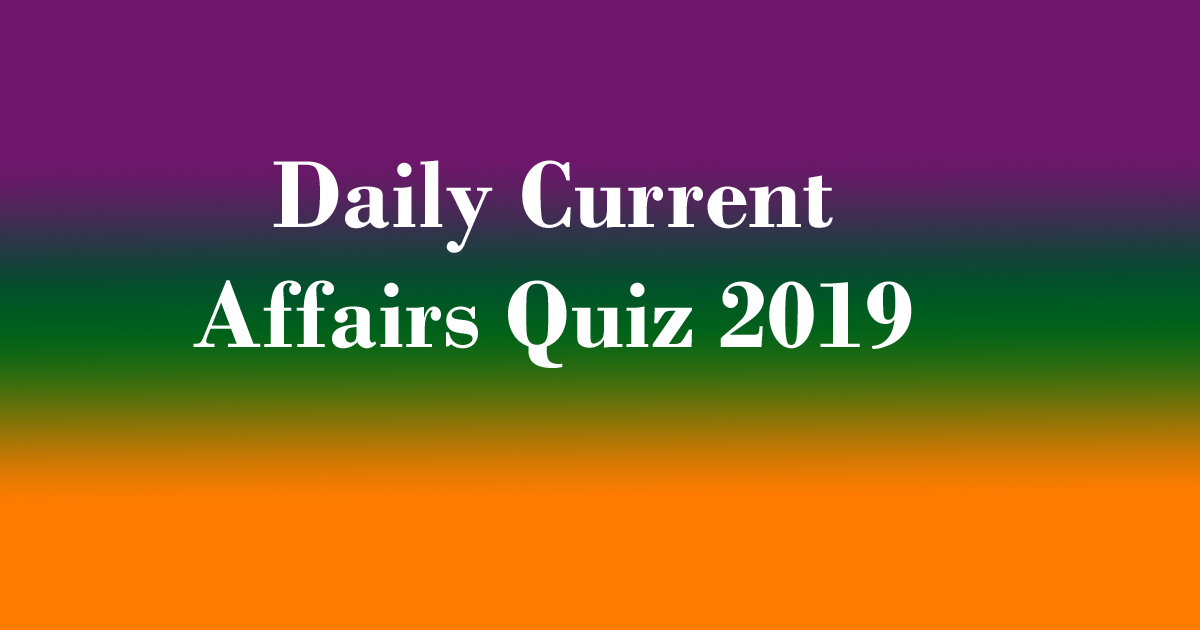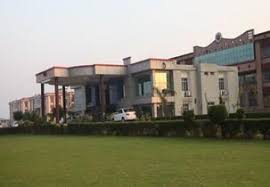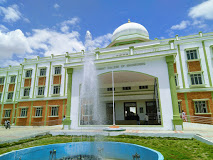
Prime Minister Narendra Modi on 25 August arrived in France to attend the G7 Summit where he will speak on burning global issues of environment, climate and digital transformation and also meet the world leaders.
Daily Current Affairs Quiz 2019
Mr. Modi arrived France from Manama after concluding his three-nation tour to France, the UAE and Bahrain where he offered prayers at the Shreenathji Temple, the oldest temple in the Gulf region.
“The Prime Minister reached Biarritz in France, where he will take part in G-7 Summit. In addition to the multilateral components of the Summit, he would also be meeting world leaders in separate bilateral interactions,” the Prime Minister’s Office said in a tweet.
During the G7 Summit, which will be held in the picturesque seaside French town of Biarritz, the Prime Minister will address sessions on environment, climate, oceans and digital transformation.
Though India is not a member of the G-7 grouping, Mr. Modi has been personally invited by French President Emmanuel Macron.
The Ministry of External Affairs (MEA) had said that the invitation was a “reflection of the personal chemistry” between the two leaders and also “recognition of India as a major economic power“.
The countries which are part of the G7 include the UK, Canada, France, Germany, Italy, Japan, and the US.
On the sidelines of the G7 Summit, Modi and U.S. President Donald Trump are likely to discuss the situation in Kashmir, trade issues and other topics of mutual interest.
Earlier this week in Washington, Mr. Trump said that he would discuss with Prime Minister Modi the situation in Kashmir and help ease the Indo-Pak tensions when they meet at the G7 Summit in France this weekend.
Tensions between India and Pakistan spiked after India abrogated provisions of Article 370 of the Constitution to withdraw Jammu and Kashmir’s special status and bifurcated it into two Union Territories, evoking strong reactions from Pakistan.
India has categorically told the international community that the scrapping of Article 370 of the Constitution to revoke the special status of Jammu and Kashmir was an internal matter and also advised Pakistan to accept the reality.





